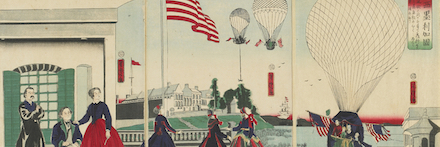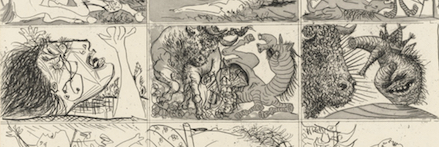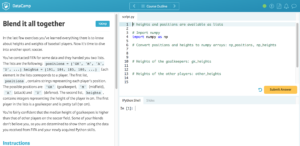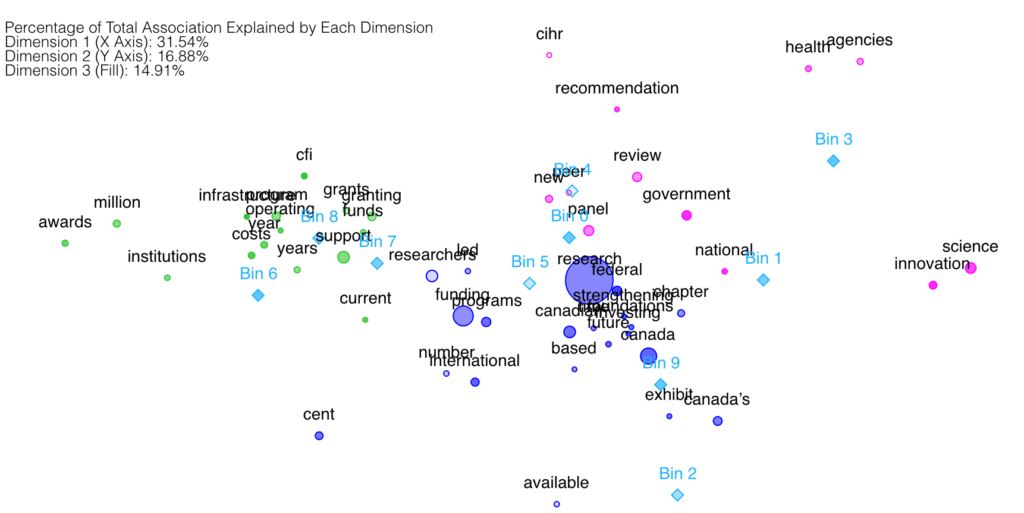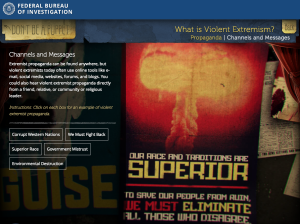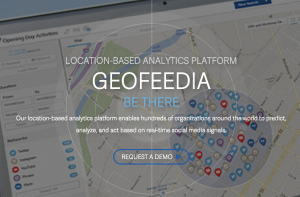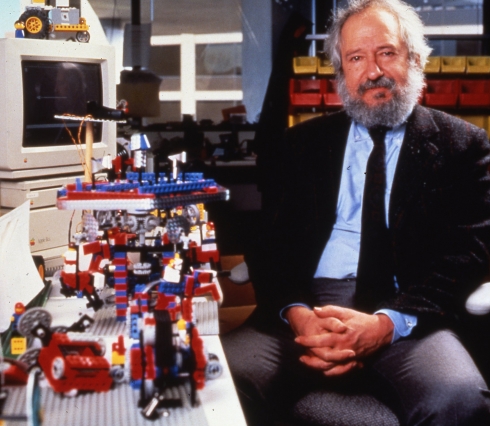This week I am participating in the 6th Around the World Conference organized by the Kule Institute for Advanced Study. This e-conference (electronic conference) is on Sustainable Research and we have a panel on a different topic every day of the week. (If you miss a panel, check out our YouTube channel.) Today we had a fabulous panel on Art and/in the Anthropocene that was led by Natalie Loveless and Jesse Beier. You can see some thoughts on the e-conference under the Twitter hastag #ATW2018, which we share with the American Trombone Workshop.
Manifest Attention
One of the problems with e-conferences is that they are local for everyone which means that everyone tunes in and out depending on what they have scheduled rather than devoting the time. When you fly to a conference you can’t be expected to leave the conference for a meeting, but when a conference is local or online we tend to not pay attention as we would when afar.
This has to change if we are to wean ourselves of flying any time we want to pay attention to a conference. We have to learn to be deliberate about allocating time to an e-conference. We have to manifest attention.
